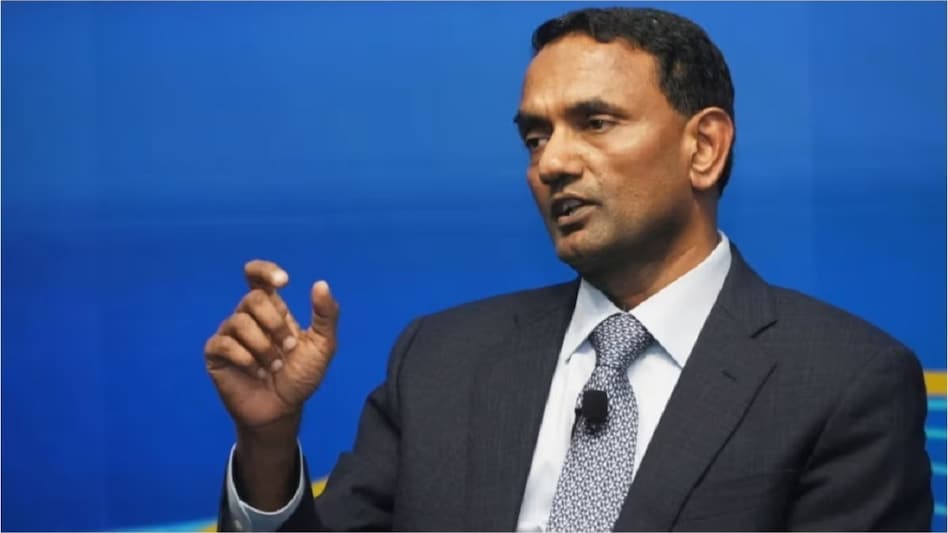In an interview with the Financial Times, Krithivasan said that while no job cuts have happened yet, the widespread adoption of generative AI among multinational clients is poised to revolutionise traditional call centre operations.
Krithivasan believes that chatbots equipped with generative AI will be designed to analyse customer transaction histories and perform tasks traditionally handled by call centre agents. Photo: Bloomberg
TCS CEO K Krithivasan said that there will be a “minimal” need for call centres across Asia as soon as a year.
In an interview with the Financial Times, Krithivasan said that while no job cuts have happened yet, the widespread adoption of generative AI among multinational clients is poised to revolutionise traditional call centre operations.
“In an ideal phase, if you ask me, there should be very minimal incoming call centres having incoming calls at all,” he told FT. “We are in a situation where the technology should be able to predict a call coming and then proactively address the customer’s pain point.”
He believes that chatbots equipped with generative AI will be designed to analyse customer transaction histories and perform tasks traditionally handled by call centre agents.
The potential impact of generative AI on white-collar jobs, including call centre agents and software developers, has sparked uneasiness among policymakers globally.
India, renowned for its back-office services, particularly faces significant implications, with over five million people employed in the $48.9 billion IT and business process outsourcing industry, according to Nasscom.
When asked about the impact this may have on employment, Krithivasan reasoned that the demand for tech talent would increase, not decrease and emphasised the need for workforce training to meet this demand, especially in India.
There are growing concerns about the impact of AI on jobs, particularly in India’s over $250 billion technology sector.
TCS, a key player in India’s technology landscape, boasts a workforce of over 600,000 and annual revenues nearing $30 billion.
However, the TCS CEO cautioned against overestimating the immediate benefits of generative AI and asserted that the true impact would be more long-term.
In a report, Nasscom had projected that less than 20 percent of India’s 1.5 million engineering students, who graduate each year find work in the industry.
“If we can go to maybe 50 percent of the colleges, we provide more employment, and more importantly, we will be able to address the technology demand the overall global industry is going to have,” he told FT.
Krithivasan added that TCS has a pipeline of generative AI projects worth $900 million.
During its announcement of the company’s Q4 financial results, Krithivasan also said that since the launch of its AI.Cloud business unit, TCS, has witnessed more traction in the marketplace.
“We have won more than 200 engagements in artificial intelligence (AI) so far this year. The number of engagements going into production is also increasing,” he said.










